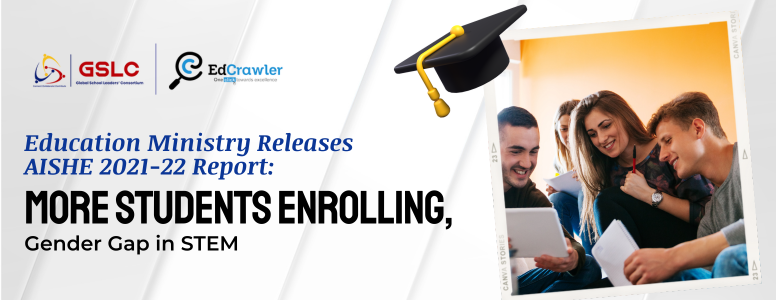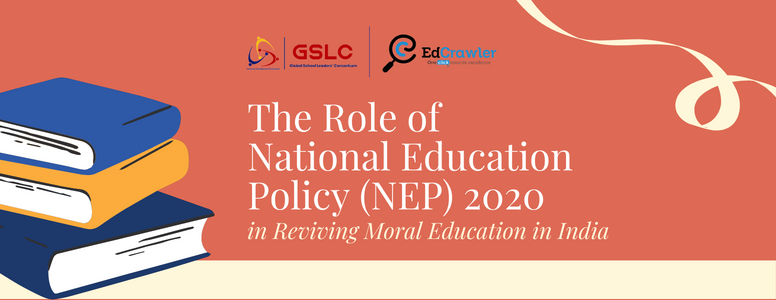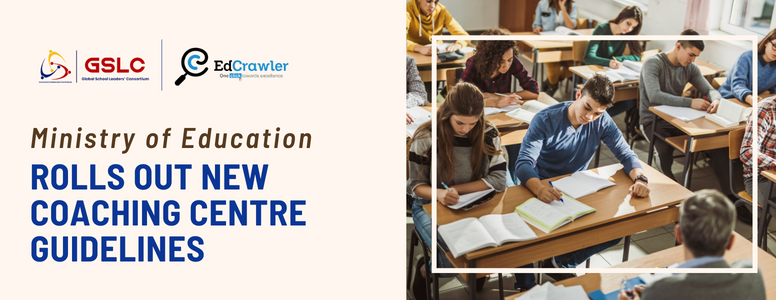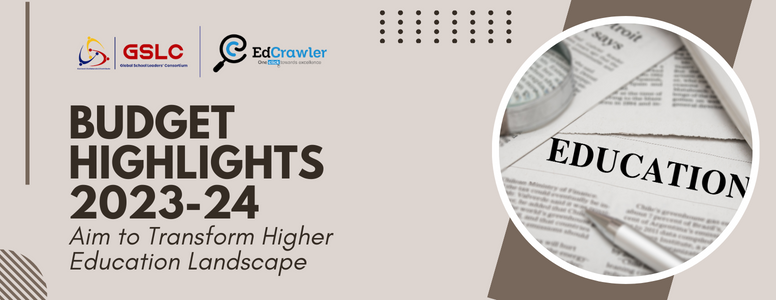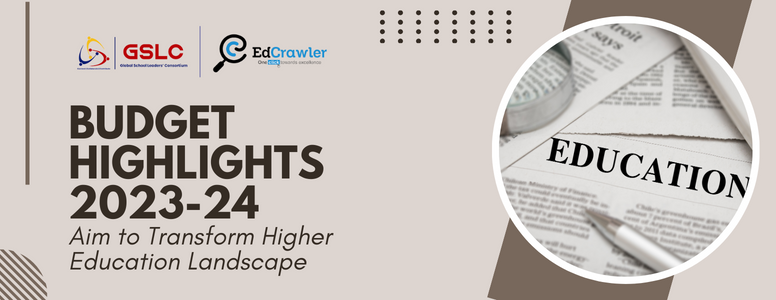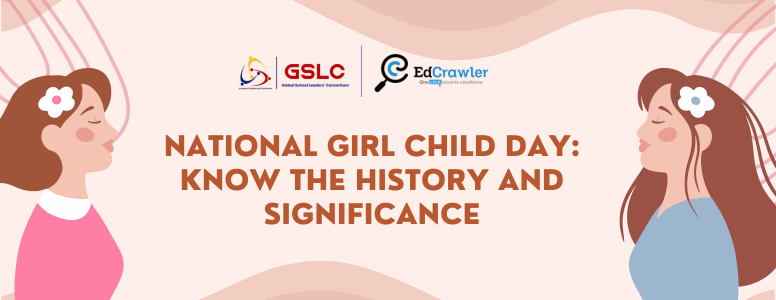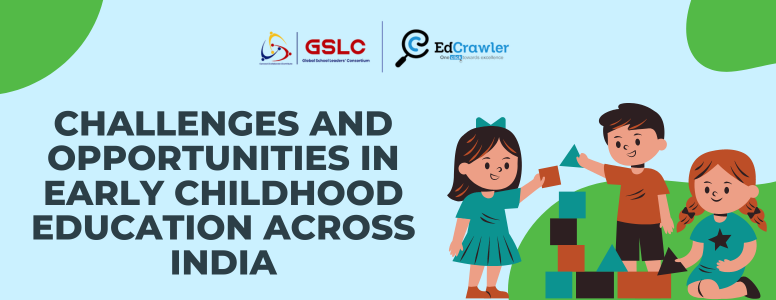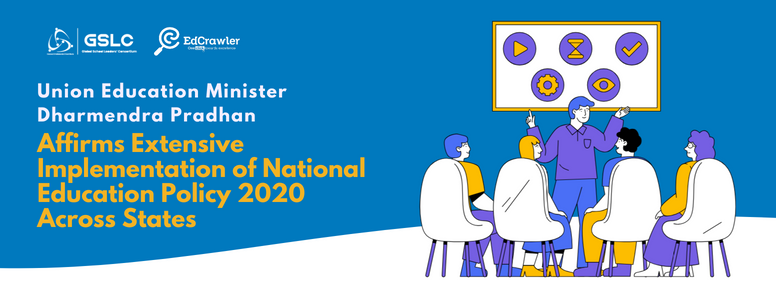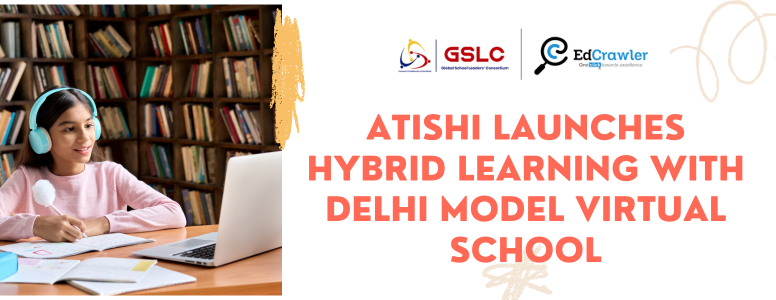NCERT Signs MOU with EC, Electoral LIteracy to be included in Curriculum
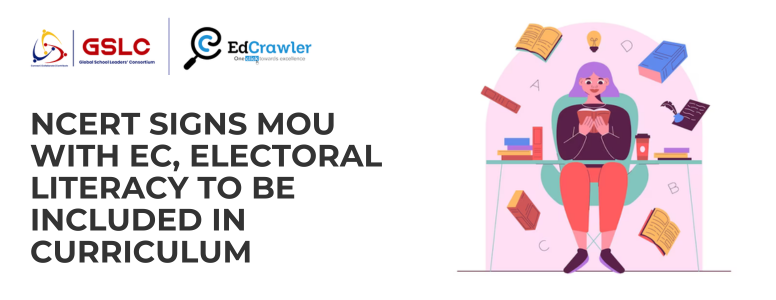
The Election Commission, in partnership with the Ministry of Education, has formally agreed with the National Council of Educational Research and Training (NCERT) to introduce knowledge about voting in schools and colleges. This important initiative aims to combat the problem of young people showing little interest in voting.
The Memorandum of Understanding (MoU) outlines the plan to incorporate information about voting into the school curriculum, starting from Class 6 through Class 12, and eventually, extending to colleges and universities. This updated curriculum is expected to encourage more young people to participate in the democratic process.
The Ministry of Education has stated that students will soon learn about their roles and responsibilities as voters in the election process. The main goal of this innovative approach is to create a new generation of responsible and well-informed voters who understand the importance of taking part in elections.
This initiative also aims to extend the Election Commission's program, Systematic Voters' Education and Electoral Participation (SVEEP), into educational institutions. The partners will improve the educational system to include information about voting.
The framework will involve a combination of structured classroom activities, as well as activities outside the regular curriculum to engage students in understanding the importance of voting. The MoU's goal is to engage the interest of young people and educate them about the value of their vote.
Despite a 67.4 percent voting rate in the 2019 General Election to Lok Sabha, a significant number of people, about 297 million out of 910 million, did not exercise their right to vote. This collaboration aims to educate young individuals and first-time voters, addressing the lack of knowledge among the youth.
India has a large young population, and if the younger generation is disinterested in the voting process, it may lead to a future generation that is not keen on voting as adults. Such apathy could have serious consequences for the effectiveness of a vibrant democracy.
The MoU is part of a long-term plan to instill knowledge about voting in young people through the education system. It is expected to help increase participation in the next general elections, especially among young and urban voters.
Additionally, the MoU goes beyond curriculum enhancement. It also includes training teachers to effectively teach electoral literacy and establish Electoral Literacy Clubs (ELCs) in educational institutions. The broader aim is to provide voter ID cards to every student when they reach the voting age of 18. This comprehensive approach will empower students to become responsible, active citizens who understand and value the power of their vote.

